I first picked up Dostoevsky in summer of 2008. Though I had vaguely read about him somewhere, what really made me purchase the books was the fact that the books were pretty cheap. 120 bucks for a 400-500 pages book. I picked up both Crime and Punishment and The Idiot. Little did I know the masterpieces they were. Crime and Punishment was a book which made me marvel the depth of understanding an author can have about the human psyche. I just didn't think that it was possible to write in such depth about one thinks.
I was aching to read The Brothers Karamazov(TBK) for a long time. Many forums suggested that it is the most evolved work by Dostoevsky. Though it is a 1000 page tome, and committing to it was a big hurdle. Finally, I got around to finishing it this month, and man did it blow my mind! Though I still like Crime and Punishment more, TBK will easily be the in the top 5 books I have ever read.
Here are my notes from the book:
1. The thirst for life
Some driveling consumptive moralists—and poets especially—often call that thirst for life base. It's a feature of the Karamazovs, it's true, that thirst for life regardless of everything; you have it no doubt too, but why is it base? The centripetal force on our planet is still fearfully strong, Alyosha. I have a longing for life, and I go on living in spite of logic. Though I may not believe in the order of the universe, yet I love the sticky little leaves as they open in spring. I love the blue sky, I love some people, whom one loves you know sometimes without knowing why. I love some great deeds done by men, though I've long ceased perhaps to have faith in them, yet from old habit one's heart prizes them.
One of the key questions in the book is - Is life worth living? There are many aspects of life which give you so much pain and one often thinks whats the point of all this. Dostoevsky accepts all the ill wills of life and still finds beauty in this life which makes it worth living. The Karamazov brothers have different views of life, but all of them still have a great thirst for life, the need to live it to the fullest.
2. To love life before logic
“I think every one should love life above everything in the world.”
“Love life more than the meaning of it?”
“Certainly, love it, regardless of logic as you say, it must be regardless of logic, and it's only then one will understand the meaning of it. I have thought so a long time.”
Many of us try to find meaning in Life. Viktor Frankl in his famous book Man's Search for Meaning says that "meaning" is the most important thing in life and empowers one to go through any hardship. Though here Dostoevsky implores that life should be loved without any logic. There is no logic needed to love life. Life should be loved in itself.
- Intractability of God
if God exists and if He really did create the world, then, as we all know, He created it according to the geometry of Euclid and the human mind with the conception of only three dimensions in space. Yet there have been and still are geometricians and philosophers, and even some of the most distinguished, who doubt whether the whole universe, or to speak more widely the whole of being, was only created in Euclid's geometry; they even dare to dream that two parallel lines, which according to Euclid can never meet on earth, may meet somewhere in infinity. I have come to the conclusion that, since I can't understand even that, I can't expect to understand about God. I acknowledge humbly that I have no faculty for settling such questions, I have a Euclidian earthly mind, and how could I solve problems that are not of this world?
Dostoevsky questions how is it possible to "understand" good if the sense organs and the mind through which we try to make sense of the world are so limited. We know that there are many things which we can't understand because of the physical design we have. The way human eyes see the world is very different from how a bee with its compound eyes sees the world. Bats perceive the world only through sound waves.
Our brain is also limited and designed to understand and perceive the world in a particular way. With all these limitations, is it fair to ask questions about God? God by definition is something outside the system we exist in and trying to understand Him using tools within the system is definitely questionable.
4. Loving others
“I could never understand how one can love one's neighbors. It's just one's neighbors, to my mind, that one can't love, though one might love those at a distance.
For any one to love a man, he must be hidden, for as soon as he shows his face, love is gone.”
This is an idea which Dostoevsky also talks about in his book The Idiot. Loving the idea of humanity and human beings in their totality is easy, but when it comes to loving a particular person its lot harder. You see the faults in them. The physical imperfections. The faults in their character. Its no longer an idea, but a concrete reality and what you have in reality may be very different than the idea of a person you have in mind.
the face of a man often hinders many people not practiced in love, from loving him. But yet there's a great deal of love in mankind, and almost Christ-like love.
Though a Christ-like love is still possible, and that is what we should try to strive for. This is advocated by his character Alyosha, who is his mouthpiece for his idea of benevolent love, which Dostoevsky belives is possible.
5. Solitariness and the importance of others
For every one strives to keep his individuality as apart as possible, wishes to secure the greatest possible fullness of life for himself; but meantime all his efforts result not in attaining fullness of life but self-destruction, for instead of self-realization he ends by arriving at complete solitude. All mankind in our age have split up into units, they all keep apart, each in his own groove; each one holds aloof, hides himself and hides what he has, from the rest, and he ends by being repelled by others and repelling them.
For he is accustomed to rely upon himself alone and to cut himself off from the whole; he has trained himself not to believe in the help of others, in men and in humanity, and only trembles for fear he should lose his money and the privileges that he has won for himself. Everywhere in these days men have, in their mockery, ceased to understand that the true security is to be found in social solidarity rather than in isolated individual effort
Though the novel is written in the 1800s, it's interesting to see that individualism was still on the rise then as it is now. People are getting more and more self-centered. Though this gives them a new freedom in terms of what they can do as an individual, they lose the feeling of belonging to a society and the solidarity that comes along with it.
Aristotle has written in Politics,
“Man is by nature a social animal; an individual who is unsocial naturally and not accidentally is either beneath our notice or more than human. Society is something that precedes the individual. Anyone who either cannot lead the common life or is so self-sufficient as not to need to, and therefore does not partake of society, is either a beast or a god. ”
Human beings reinvigorate in the company of others. The phenomena of Individualism is getting more and more pronounced as people get increasingly reliant on social media for interacting with each other rather than personal connections. This creates a hole in the individual as he constantly searches for something he belongs to. Our social relationships give us a sense of who we are and add meaning to our life. The rise in individualism is taking that away from us.
6. One can't judge one's fellow men
Remember particularly that you cannot be a judge of any one. For no one can judge a criminal, until he recognizes that he is just such a criminal as the man standing before him, and that he perhaps is more than all men to blame for that crime.
If I had been righteous myself, perhaps there would have been no criminal standing before me. If you can take upon yourself the crime of the criminal your heart is judging, take it at once, suffer for him yourself, and let him go without reproach
The crime committed by others is also because of the way he was treated by the society or the environment in which he grew up. Thus, the society in general and we as being part of it are also responsible for his crime.
Why was the society not able to give him such an environment which enabled him to grow into a loving person? So before judging others, we must also understand that we are also part of the reason why they are so.
7. Habit
It's because people are not used to it. Everything is habit with men, everything, even in matters of nationhood and politics. Habit is the principal driving force.
Man is a creature of habit. Even in politics and nationhood, we are driven by habit. That is why different nations have different political discourses and people are OK with it, though it would seem ridiculous for people of other nations.
For example, China since becoming the People's Republic of China is dominated by a single party rule and people respect the party members there. Indian people, on the other hand, detest too much power in one political party and we see different parties forming the government in consecutive elections, partly driven by the anti-incumbency factor.
8. God and Ethics
‘But what will become of men then?’ I asked him, ‘without God and immortal life? All things are lawful then, they can do what they like?’ ‘Didn't you know?’ he said laughing, ‘a clever man can do what he likes,’ he said.
This is one of the key ideas in Crime and Punishment also. If there is really no God, then all things are lawful. The protagonist in Crime and Punishment, Raskolnikov uses this line of thought to justify the murder of an old lady for money and it seems perfectly fine.
Is God invented to enforce morality? If there is no God, then will human beings kill each other and end the human race. Is God necessary for the preservation of the species?
9. God as Hope
What should I be underground there without God? Rakitin's laughing! If they drive God from the earth, we shall shelter Him underground. One cannot exist in prison without God; it's even more impossible than out of prison.
When Mitya, one of the three Karamazov Brothers, thinks about the idea of there being no God, he just revolts at it. How can a man spend time in prison without God? And even outside of the prison, it is not possible to live without God. God is the ultimate source of hope. A hope that even though this world is cruel, the all-merciful God is watching him and all of this will be compensated for in "the next world".
10. Does God or Satan exist?
Je pense, donc je suis, I know that for a fact; all the rest, all these worlds, God and even Satan—all that is not proved, to my mind. Does all that exist of itself, or is it only an emanation of myself, a logical development of my ego which alone has existed for ever
In this conversation with Devil, Devil says that he is not sure if God or Satan exists. Maybe it is just a development of his ego, something which the brain has created for its own need.
Its a book with many gems. The way the characters are developed and the philosophical quandaries they go through will break you apart before tying up again.
If you are planning to give this book a try, go for the translation by Pevear and Volokhonsky. I hear it is the best.
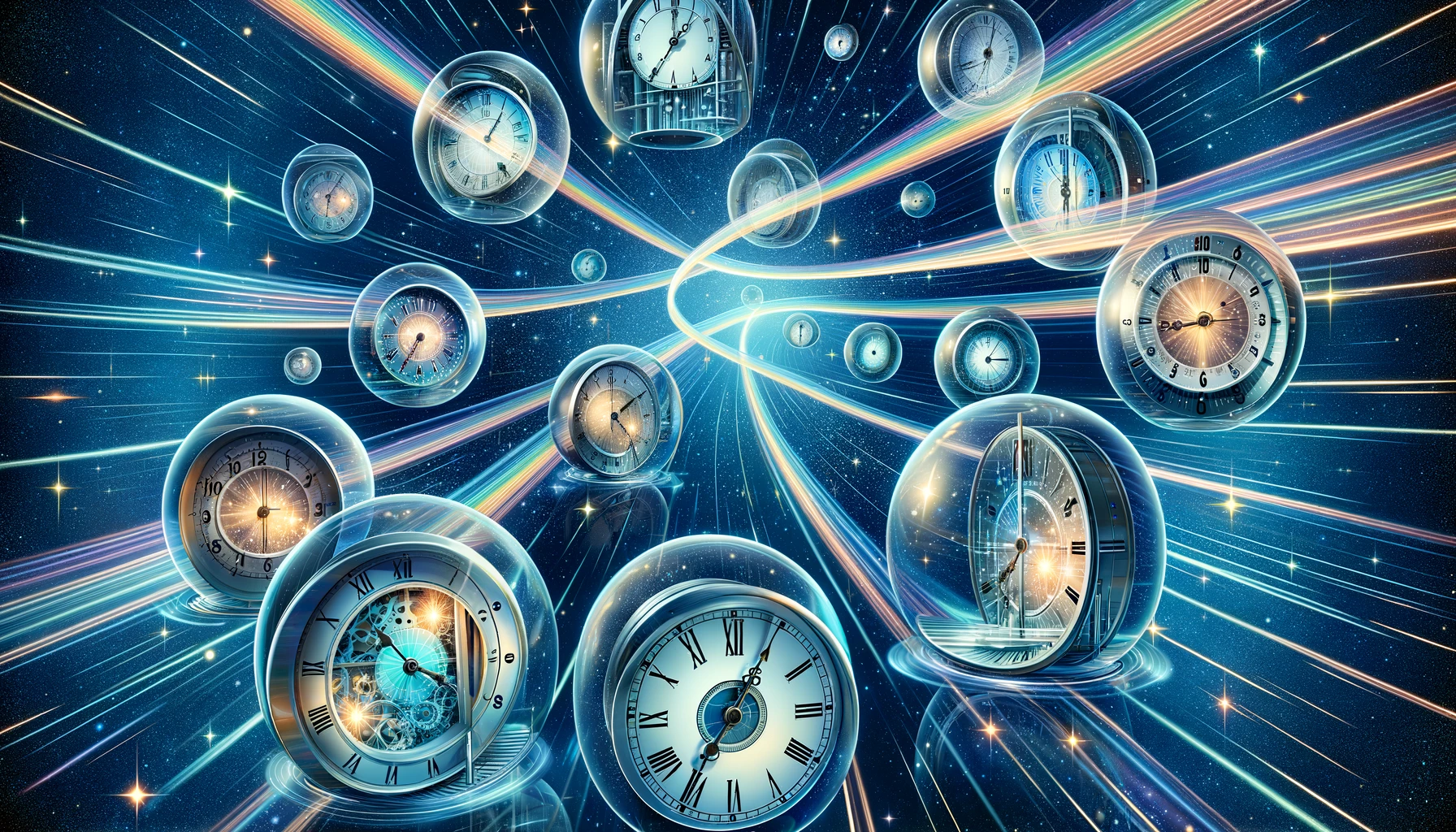
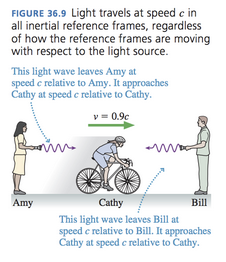
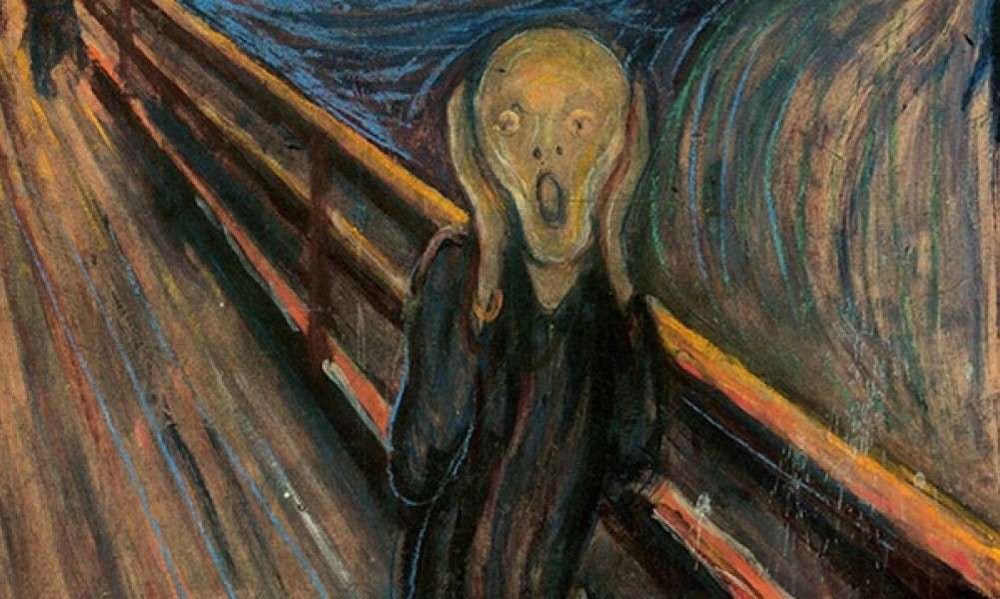
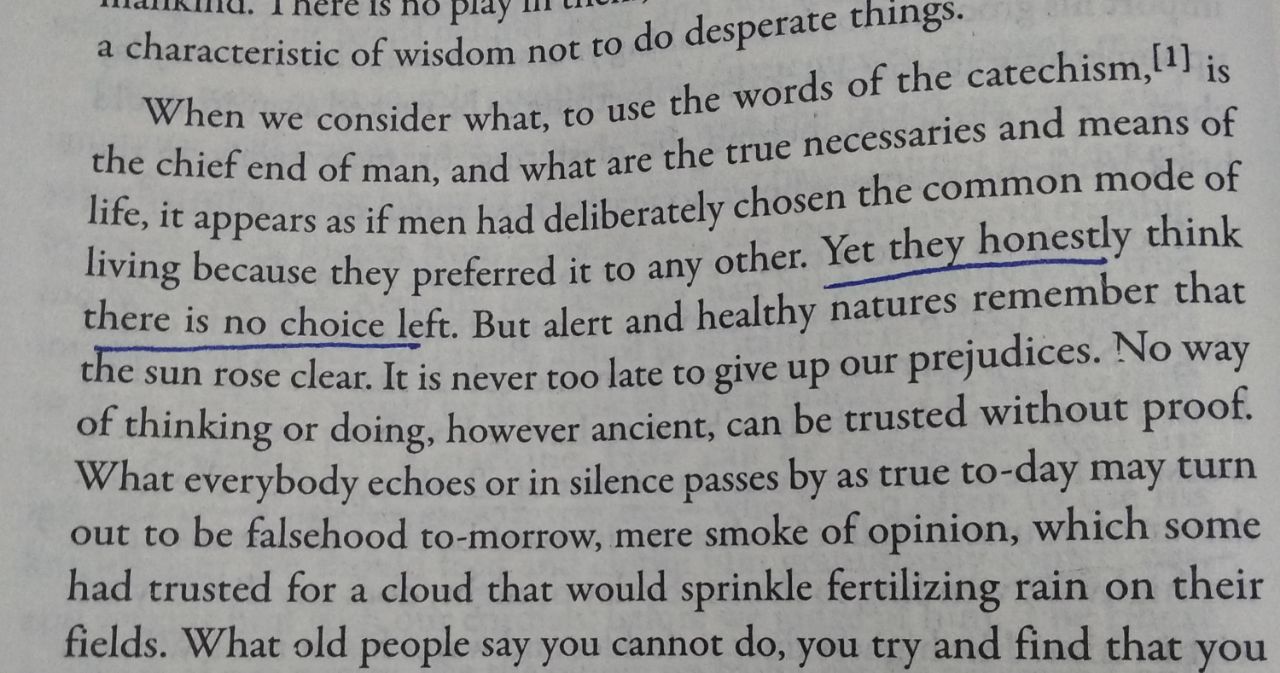 On comforts of life
On comforts of life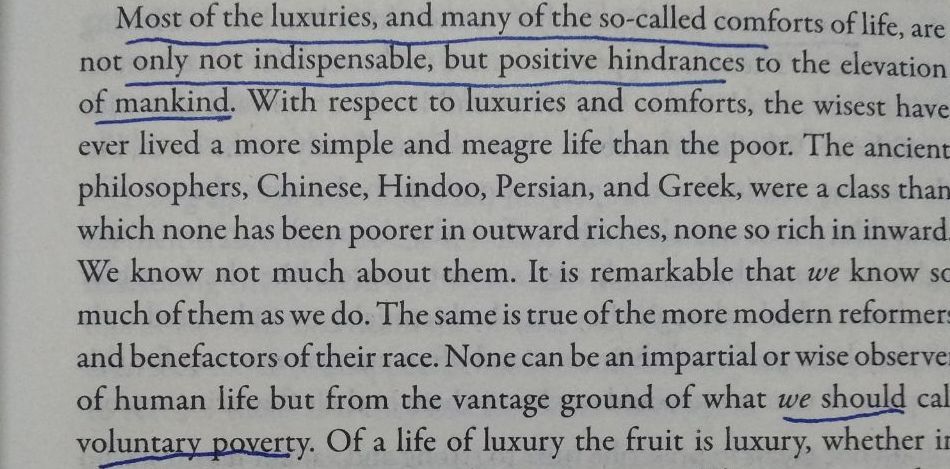 If the wisest men of their time have lived a simple life, does running after material gains really matter?
If the wisest men of their time have lived a simple life, does running after material gains really matter?